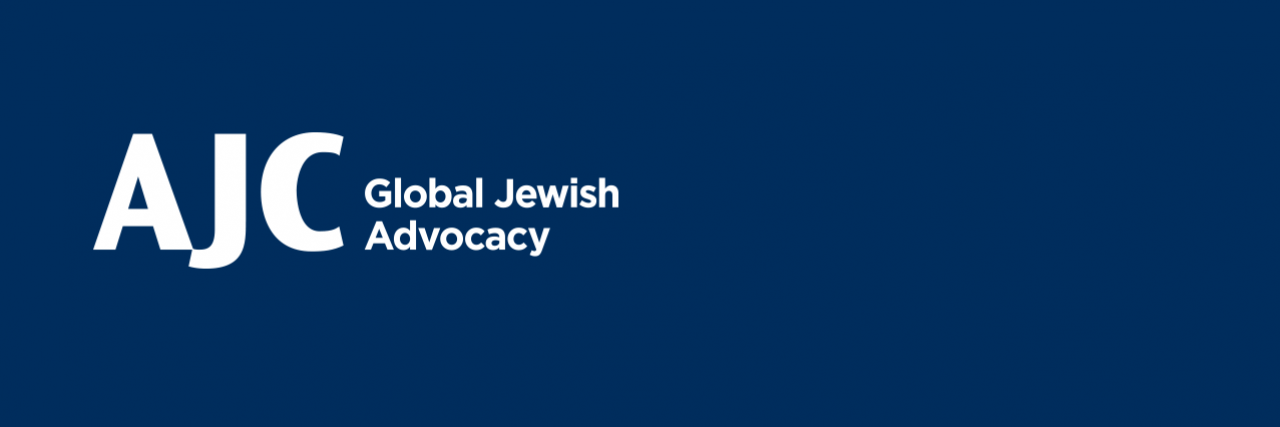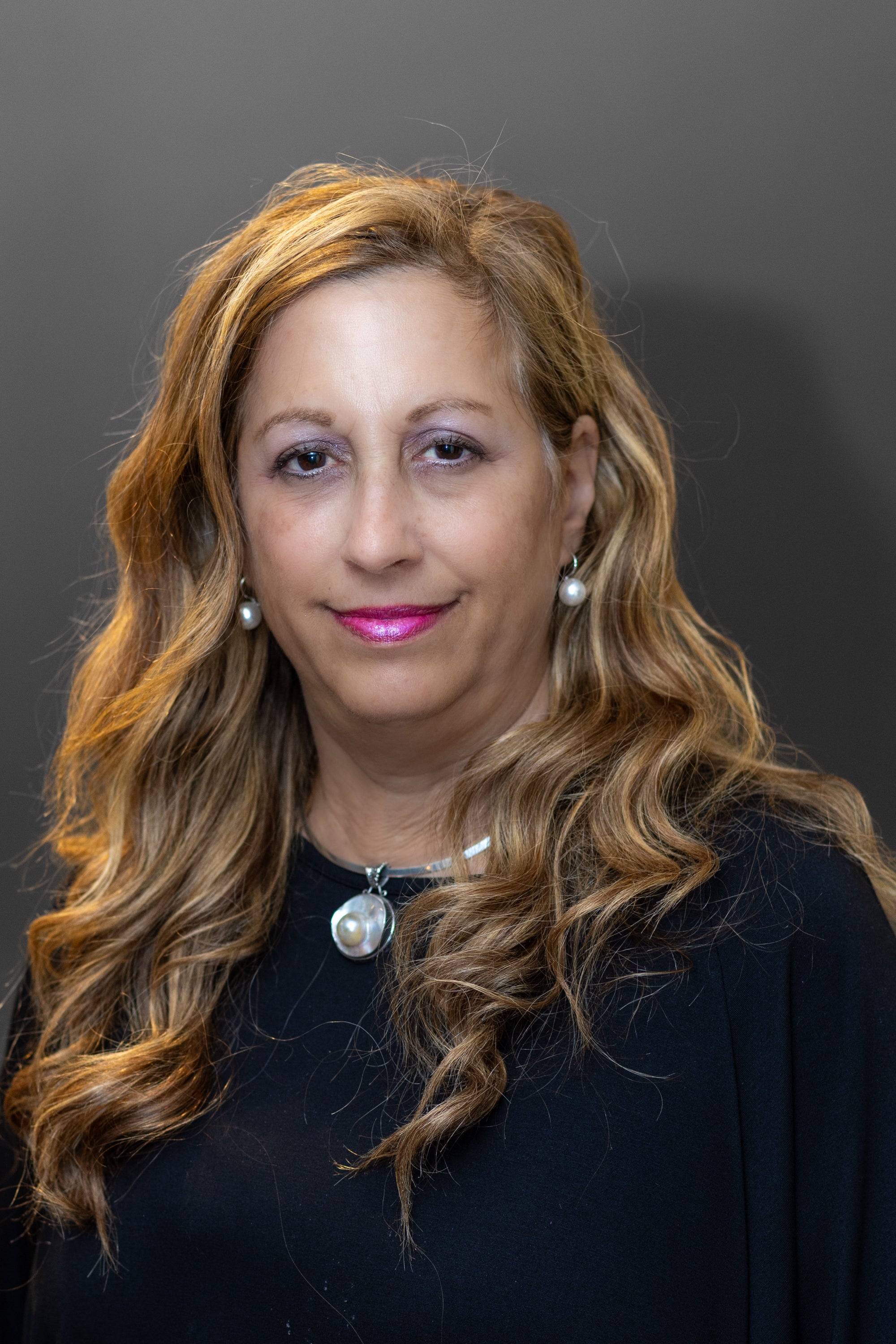October 15, 2020 — Philadelphia
This piece originally appeared in the Jewish Exponent.
Relationships require forging ties with others and bridging differences. Relationship building is the most challenging part of advocacy, the work I cherish the most. It requires communication, trust and the ability to work together on each other’s issues. And advocacy work also requires compassion.
With the beginning of each New Year, Jews start reading the Torah from the beginning with the book of Genesis. This is the biblical story of creation and it is marked with sin and mistakes. Just after God finishes creating the Earth and everything in it, God makes humans. Adam and Eve were given one rule — eat whatever you like from this world, except for one tree. But they eat from that tree and fail. The next generation fails even worse when one of their sons murders the other. The world seems to have a depressing start, as we appear doomed to harm one another and disappoint our creator.
Our ancient sages taught before creating the world, God created repentance. It was a corrective to the shortcomings, missteps, sins and offenses that are integral being human. Repentance, growth, change and forgiveness were built into the very fabric of the universe.
So, we learn from biblical stories that the idea of compassion, change and growth makes all things possible. The way things are today is not the way they always have to be. The idea that radical change is possible is also built into the fabric of my organization’s DNA.
A prime example is the American Jewish Committee’s relationship with Germany after World War II. When others in the Jewish community wished to abandon Germany, AJC engaged, seeing the beginnings of change, and wanting to be a part of the process of growth after the tragedy of the Holocaust. AJC rejected the idea of collective German guilt, choosing instead to emphasize policies that encouraged democracy. In 1945, AJC became the first American Jewish organization to begin working in Germany, and AJC has remained resolute to strive for a better future, while never forgetting or minimizing the crimes of the past. In 1988, AJC opened its Berlin office.
Another example is when the Catholic Church began to consider profound new teachings about Jews and other faith traditions in the Second Vatican Council. Many Jews were skeptical. How could a document make up for a millennium of anti-Jewish teaching? But that is what “Nostra Aetate” did, and AJC engaged with church leadership at every level. Our director of interreligious relations at the time, Rabbi Marc Tannenbaum, was the only rabbi to attend the Second Vatican Council. AJC was criticized by some factions of American Jews, who wished to wait and see before engaging. AJC saw the signs of a genuine desire to change and we engaged, we wanted to be a part of the shift. It takes hard work and courage to fix relationships. Our beliefs call us to do better and be better.
The final example of forging ahead came in January 2020. To mark the 75th anniversary of the liberation of Auschwitz, AJC partnered with the Muslim World League to bring a delegation of 60 Muslim and Jewish leaders from 28 countries together in Poland, to commemorate the victims of the Holocaust in that Nazi death camp and to honor Jewish life with the Jewish community in Warsaw.
Until relatively recently, the Muslim World League, based in Mecca, promoted an ultra-conservative vision of Islam that fed into negative views about Jews, Christians and even about other Muslims with differing views. However, here too, we have seen change and a genuine desire to reach out in recent years. Again, AJC refuses to sit on the sidelines; we want to be a part of effecting change.
This is not simple. It is not without politics, risks and even acceptance of deep disagreement, but our belief that the world can evolve compels us to take risks to help shape the world for the better.
Our tradition teaches that in the fall holiday season God plans the fate of the world for the year ahead. The period is built on the notion of repentance, growth and change. It means we are not free to simply accept our own shortcomings, but we need to do our best to overcome them. And it also means that we must accept with compassion the shortcomings of others when they have demonstrated their own growth and change.
My wish for us as individuals and as religious communities is that we demonstrate the courage to move relationships ahead and compassion to heal divides with others, even when we feel they have wronged us. This is a sign of leadership and an act of service to our creator.



